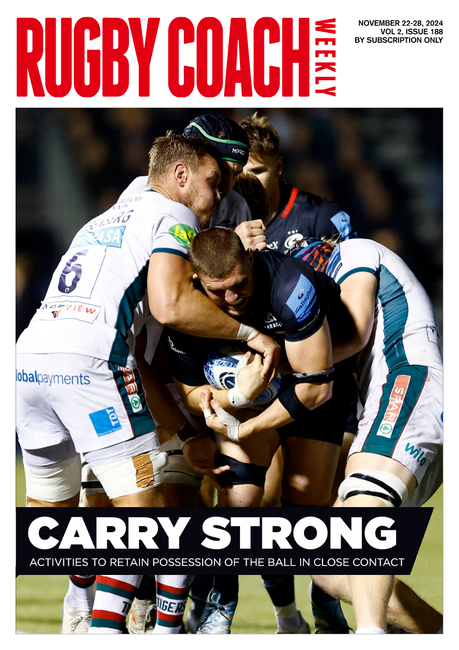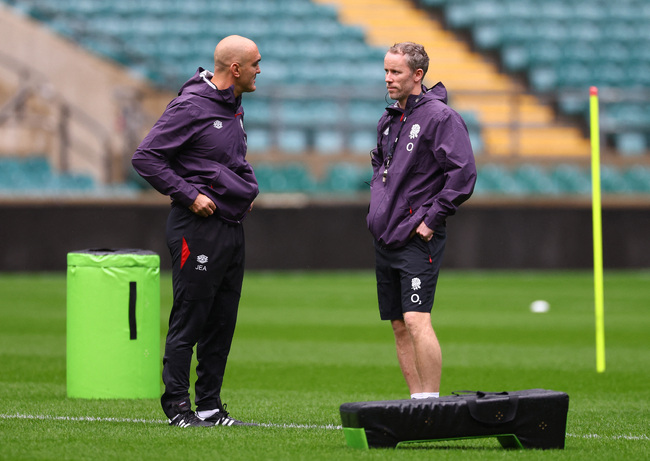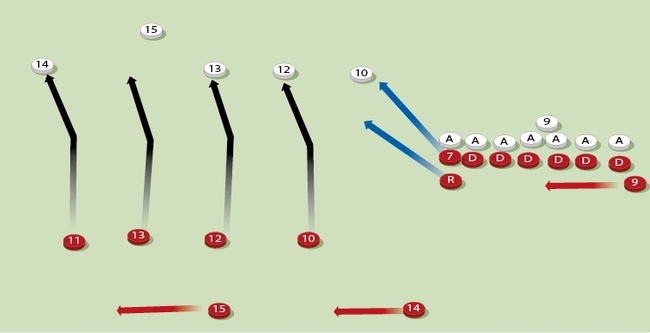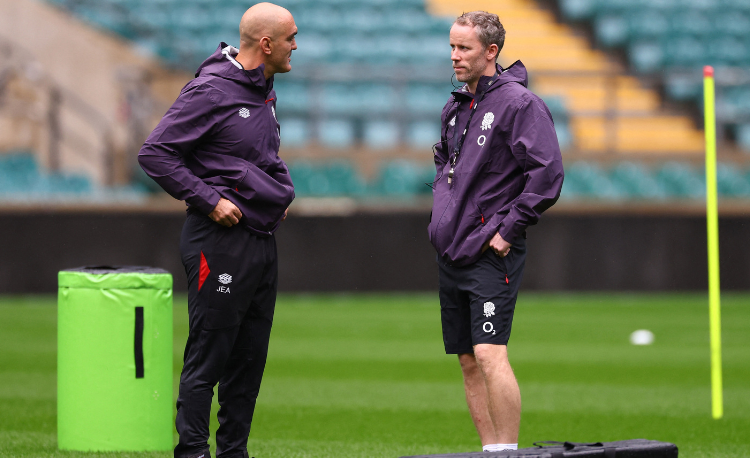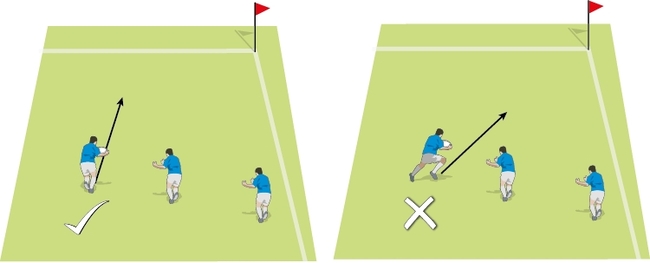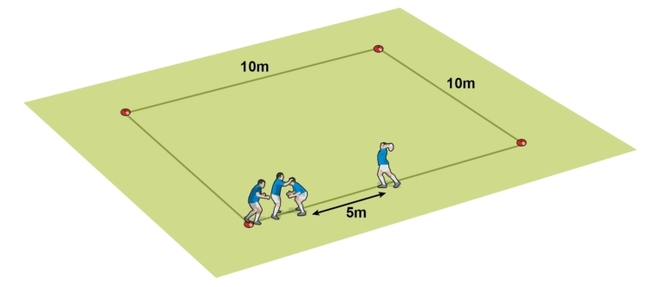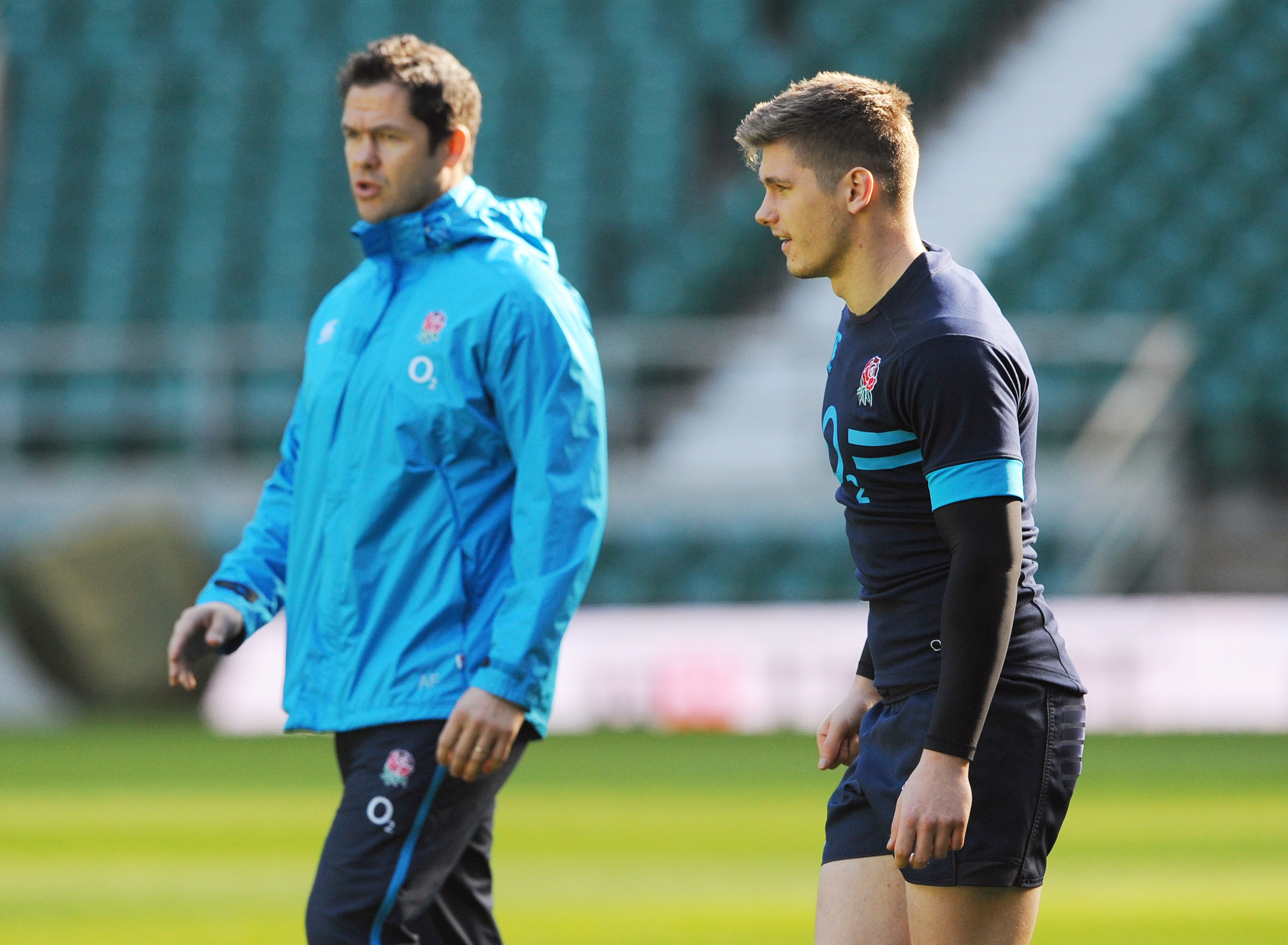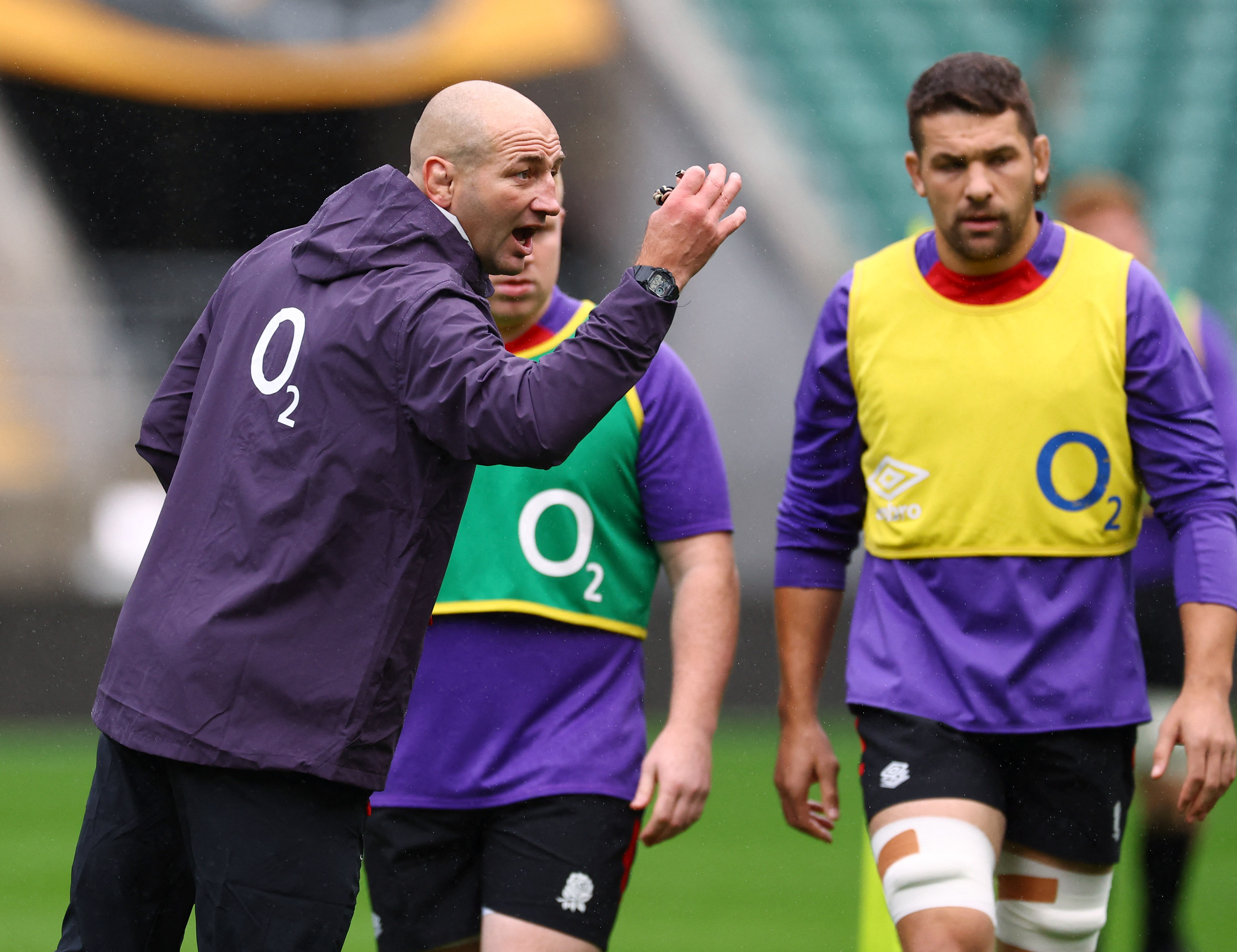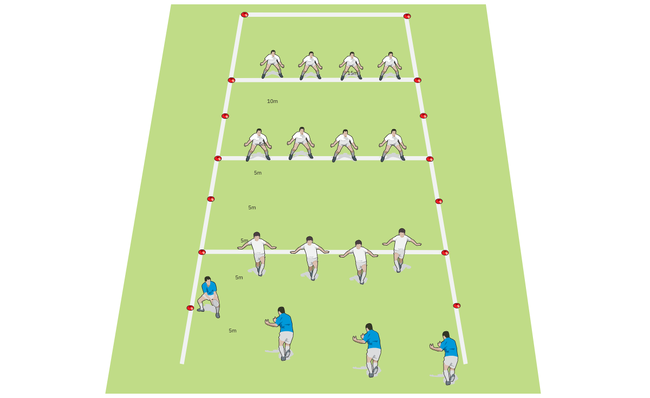Making rugby sense of the Art of War

The Art of War by the ancient Chinese general Sun Tzu is the premier guide to students of military operations and battlefield management. We look at how Allan Sand, an experienced coach, translates the book into a sporting context.
War has been a subject of study by all civilizations throughout recorded history. In the modern era, one document has become required study by war colleges the world over: The Art of War by the ancient Chinese general Sun Tzu.
His notations, warnings, solutions, and commentary have been studied by hundreds of thousands of people who work within organisations from the small to the most complex. His ideas and concepts have direct application to businesses, governments, and most directly in sports.
WAGING WAR
"It's only one who's thoroughly acquainted with the evils of war that can thoroughly understand the profitable way of carrying it on."
Allan Sand says: The best lessons learned occur when mistakes are made. The sum of a person's wisdom can be tallied by the number of errors in judgement and failures they have experienced. This applies to coaching personnel as well as players. (This statement assumes that the people around you know and apply this fact. Don't try to help a person who won't learn from such experiences.)
PLANNING ATTACKS
"Thus the highest form of generalship is to baulk the enemy’s plans; the next best is to prevent the junction of the enemy’s forces; the next in order is to attack the enemy’s army in the field; and the worst policy of all is to besiege walled cities."
Allan Sand says: The best game approach uses designed offensive and defensive strategies tailored to your opponent's strengths and weaknesses. The next best is a straightforward continuous denial of opportunities. Limiting movement and preventing scores give your players time to capitalize on opponent errors. The worst approach is no planning, weak responses, and incorrect actions.
ENERGY
"The clever combatant looks to the effect of combined energy, and does not require too much from individuals. Hence his ability to pick out the right men and to utilise combined energy. When he utilises combined energy, his fighting men become as it were like unto rolling logs or stones. For it is the nature of a log or stone to remain motionless on level ground, and to move when on a slope; if four-cornered, to come to a standstill, but if roundshaped, to go rolling down.
“Thus the energy developed by good fighting men is as the momentum of a round stone rolled down a mountain thousands of feet in height. So much on the subject of energy."
Allan Sand says: It is important to not depend too much upon star players to achieve your goals. Constantly rotate through your roster giving everyone opportunities to shine. When circumstances do require special treatment, your top players are rested and very intent on doing their best.
To counter the opponent’s star players, assign specially trained individuals who can prevent or otherwise interrupt their activities.
WEAKNESS AND STRENGTH
"Therefore, the clever combatant imposes his will on the enemy, but does not allow the enemy’s will to be imposed on him."
Allan Sand says: The clever coach makes the opposing team react to his actions. If the opposing coach attempts to do the same, modify your activities. Use your play selections to keep him mentally off balance.
"By holding out advantages to him, he can cause the enemy to approach of his own accord; or, by inflicting damage, he can make it impossible for the enemy to draw near."
Allan Sand says: During the opening minutes of the game, provide tempting opportunities to the opponent. Observe their readiness to respond. This can also validate previously gathered intelligence.
VARIATION IN TACTICS
"The art of war teaches us to rely: Not on the likelihood of the enemy’s not coming, but on our own readiness to receive him; Not on the chance of his not attacking, but rather on the fact that we have made our position unassailable."
Allan Sand says: So the art of competition means that you:
- Do not depend on your opponent being unprepared, but depend on your readiness to compete against him.
- Do not depend on your opponent being weak, but depend on your abilities and cleverness to deny opportunities.
- Do not depend on your opponent being unable to stop you, but depend on your ability to counter their efforts.
Reference: Allan Sand: The Art of Team Coaching - How Sun Tzu would coach coaches
Related Files
Newsletter Sign Up
Coaches Testimonials

Gerald Kearney, Downtown Las Vegas Soccer Club

Paul Butler, Florida, USA

Rick Shields, Springboro, USA

Tony Green, Pierrefonds Titans, Quebec, Canada
Subscribe Today
Be a more effective, more successful rugby coach
In a recent survey 89% of subscribers said Rugby Coach Weekly makes them more confident, 91% said Rugby Coach Weekly makes them a more effective coach and 93% said Rugby Coach Weekly makes them more inspired.
Get Weekly Inspiration
All the latest techniques and approaches
Rugby Coach Weekly offers proven and easy to use rugby drills, coaching sessions, practice plans, small-sided games, warm-ups, training tips and advice.
We've been at the cutting edge of rugby coaching since we launched in 2005, creating resources for the grassroots youth coach, following best practice from around the world and insights from the professional game.


